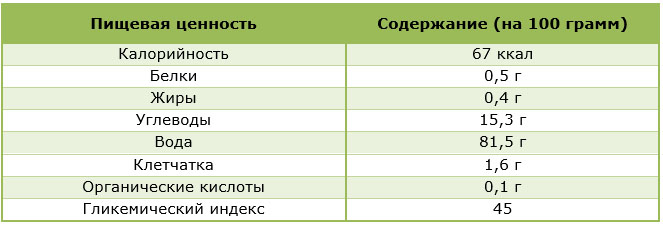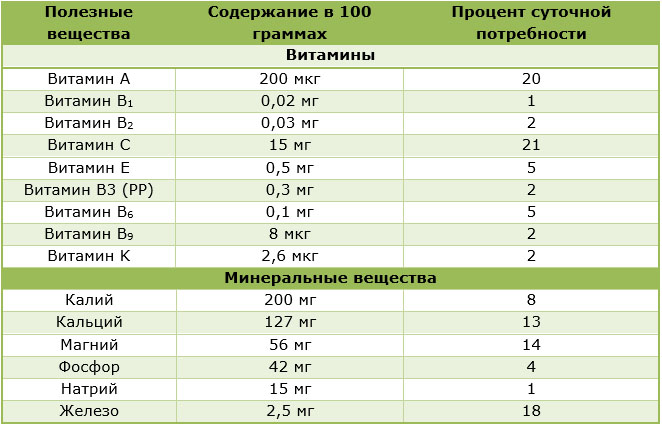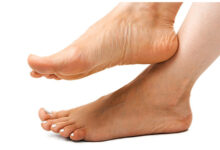As scientific studies have shown, persimmons (translated from Persian as “kaki”) have beneficial effects on the body, improving lung, heart, kidney, and bowel function. But can persimmons help you lose weight? After all, some diets list them among foods to avoid because of their high sugar content.

General information
Persimmons are fruits of the eponymous tree from the genus of deciduous subtropical and tropical trees of the family Ebenaceae. They are grown in Eurasia, America, and Australia. Their taste is tart and they contain a large amount of beta-carotene, bioflavonoids, tannins, vitamins, and beneficial minerals. They are considered to be healthful. However, nutritional science has a mixed perception of them. On the one hand, their calorie content is quite moderate:
- Fresh fruit calorie content – 67 kcal per 100 g;
- 1 fruit — about 100 kcal (“Korolek” weighs about 150 g) or 201 kcal (“bull heart” weighs about 300 g);
- Dried persimmons — 274 kcal per 100 g.
On the other hand, they contain a lot of glucose, albeit of plant origin: a ripe fresh fruit contains 25% of the daily intake. Therefore, those who avoid sweets while losing weight should not include this fruit in their diet. All others can eat 1 fruit per day. At the same time, their glycemic index is quite low (45 units), so they will not cause a spike in blood sugar levels.
Nutritional value will help you accurately calculate the BZHU in a weight loss diet:

Chemical composition:

If your diet does not require you to give up sweets, you can eat persimmons without worrying about them hindering your weight loss efforts.
Benefits of persimmons for weight loss
Their beneficial properties have been confirmed by scientific research (conducted in Israel, the results were published in “Daily Mail”):
- they improve lipid metabolism, which activates the process of burning fats;
- they have a pronounced diuretic effect that removes excess fluid from the body and relieves puffiness;
- they improve stomach function (if there are no problems with the gastrointestinal tract);
- they provide a lasting feeling of fullness, eliminating cravings and overeating;
- they reduce cravings for sweets;
- they are a source of energy, increase efficiency, and help to burn the maximum number of calories during the day;
- they promote additional production of serotonin (the hormone of happiness), which is important for everyone who is losing weight: it helps to stick to the diet and not to overeat due to stressful situations.
Including persimmons in your weight loss diet will provide additional bonuses in the form of health benefits:
- they relieve conditions associated with cardiovascular diseases (thanks to magnesium), hypertension, anemia, initial stage of hyperthyroidism, atherosclerosis, scurvy, and helminthiasis;
- they have an anti-inflammatory effect, which is why they are used in the treatment of dysentery, enterocolitis, and bronchitis;
- they have a beneficial effect on the gallbladder and liver;
- they have bactericidal properties;
- they are good for nervous and physical exhaustion, thanks to tryptophan;
- they help in the treatment of enuresis.
Harm
Since persimmons are a concentrate of many biologically active substances, their high content in the fruit can negatively affect the body. Therefore, one should not overeat them if there are the following contraindications:
- postoperative period (if the surgery was performed on the abdominal organs);
- adhesions;
- tendency to allergies (note that this is an exotic fruit);
- chronic diseases of the kidneys, liver, and gallbladder;
- diabetes mellitus;
- tendency to constipation.
Possible side effects:
- formation of phytobezoar (a foreign body in the stomach, a concrement formed from densely bound fruit fibers);
- acute intestinal obstruction;
- constipation;
- severe allergic reactions;
- yellowish tint of the sclera of the eyes and skin (due to excess beta-carotene);
- leg cramps;
- nausea, vomiting;
- impaired vision.
If your overall condition worsens while losing weight with persimmons, you should stop eating them.

Which one to choose?
Dried persimmons are not suitable for weight loss as they are too high in calories. They should also be as high-quality and ripe as possible. Selection criteria:
- The fruit’s surface is glossy and smooth.
- A slight whitish patina is entirely acceptable; it is of natural origin.
- Color — from dark orange to brown.
- The peel is thin, almost transparent, free of damage or mold. Brown stripes indicate a sweet taste.
- The stalk is dry, brown, or maroon in color.
- The base under the leaves is brown.
- Smell — fresh, not stale.
Varieties:
- “Korolek” (Hyakume and Chocolate Girl, or Zengi-Maru) — sweet and soft;
- “Chamomile” — sweet with a touch of sourness;
- “Fig” — mild taste;
- “Bull heart”, “Candle” — the most astringent;
- “Persimmon” — juicy, sweet;
- “Sharon” — soft, slightly tart hybrid.
All these varieties can be included in a weight loss diet.

Weight loss methods
For weight loss, you can have a fasting day on persimmons. At the beginning of the persimmon season, it is held twice a month (from October to January inclusive). Here is a sample plan:
- Avoid overeating the night before: have a light dinner with protein dishes at about 7 p.m.
- Start the morning with a glass of water.
- For breakfast (7:30), eat 1 persimmon. After half an hour, you can have a cup of black coffee or green tea without sugar or milk.
- During lunch (11:00), eat another 1 persimmon; after half an hour, drink a glass of low-fat kefir.
- For lunch (13:30), eat 1 fruit; after half an hour, drink a cup of black or green tea without sugar or milk.
- For an afternoon snack (4:00), eat 1 fruit; after half an hour, drink a glass of low-fat kefir.
- For dinner (no later than 7 p.m.), eat 1 more fruit; after half an hour, drink a cup of herbal tea.
It is also recommended to drink water between these meals (1.5–2 liters per day).
The persimmon diet is quite effective for losing weight and will help cleanse the body and speed up metabolism.



